By Agha Iqrar Haroon
It was humid afternoon on July 19, 2024, in Baku when I was invited to visit the Jafar Jabbarli Theatre Museum by Ümidə Hacıyeva, a staffer of Azerbaijan State Theatre Museum named after Jafar Jabbarli, a poet, prose writer, theater expert, dramaturge, translator, director, screenwriter, journalist and composer of 20th century.
I had only some hours to explore Baku because I landed in Baku around 1 pm and early morning I had a flight to Fuzuli, a historic city after the name of Muhammad bin Suleyman, better known by his pen name Fuzuli, who was a 16th-century poet and is regarded as one of the greatest poets of Turkic literature and a prominent figure in both Azerbaijani and Ottoman literatures. From Fuzuli, I had scheduled to travel to Shusha—the jewel of Azerbaijani culture, music, and a seat of knowledge to attend the Second Shusha Global Media Forum. Since Fuzuli (Mohammed Fizuli–1494-1556) and Shusha (Bullbill–1897-1961) are cradles of music, poetry, and literature of Azerbaijani cognition, therefore, I wanted to visit the State Theatre Museum that could connect me psychologically to Azerbaijani literature, drama, theatre and music. When I reached the grandeur building of the State Theatre Museum, Ümidə Hacıyeva was already waiting for me at the main door of the building. I found her as a young, energetic, and confident staffer of the Museum whose English language was touching perfection, and her clarity of knowledge about the history of Azerbaijani culture, music, and literature surely impressed me.
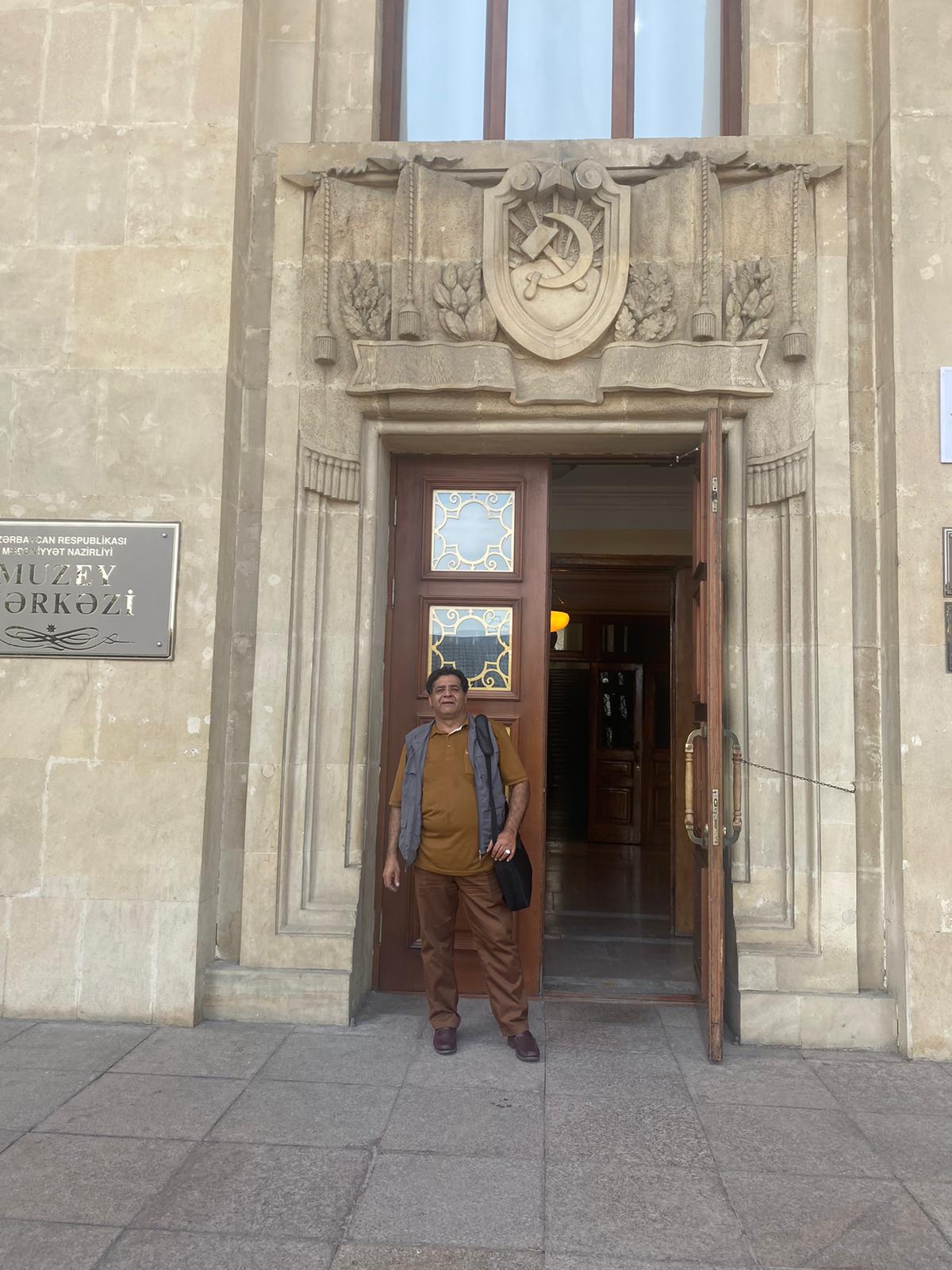
It was an excellent experience of visiting the Museum and when I was leaving the building, I thought it was the perfect decision to visit this Museum because it had already connected me with the past of golden eras of Azerbaijan society.

She explained that Azerbaijan State Theatre Museum named after Jafar Jabbarli was founded in 1934. Over 140.000 exhibits are preserved in the fund of the museum. These are rare manuscripts that reflect the history of the national theater, its development paths, and the life and creativity of theater luminaries, memorial items, photos of spectacles, programs and bills, clothing and decoration sketches, models prepared for spectacles, stage costumes of the actors and so on. Most of the exhibits preserved in the fund are original. These exhibits are also an invaluable treasure for new research on Azerbaijani theater history. The museum consists of 7 halls. Currently, only the Jafar Jabbarli Hall is operating with full layout where documents and personal belongings of the famous playwright Jafar Jabbarli are exhibited.
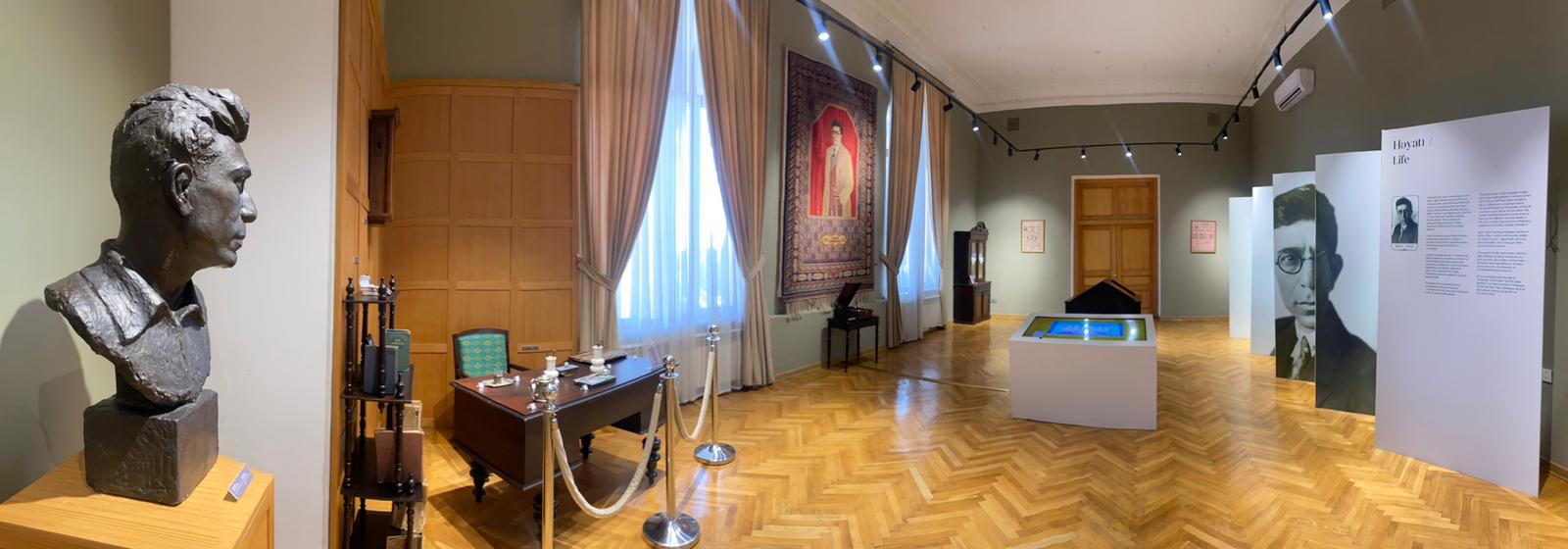
Jafar Jabbarli who died at a very young age was born with the soul of a free man, he was a free bird as he explained in one of his poems. Having flown out of his nest of the spiritual atmosphere of independent Azerbaijan, he found himself in someone else’s “Soviet” garden. He was hit by a bullet from a regime hunter, fell to the ground, and was arrested. But, contrary to the pessimistic ending of this simple song, Jafar Jabbarli, having fallen to the ground, did not remain lifeless. The power from the earth of motherland gave him strength to stand up to his full height and, within very harsh conditions, with the power of his extraordinary talent, he expressed much of what he wanted to express in his work. Jafar Jabbarli created a dramatic literary school and composed different melodies – songs and dances. Music written by J. Jabbarli, completely in harmony with his works, helps to more easily and conveniently convey to the audience the idea of the plays.
Nations cannot survive unless they document their intellectuals of the past and introduce them to the future and this is what Azerbaijan follows
The outstanding Azerbaijani playwright, poet, and thinker Jafar Jabbarli was born on March 20, 1899, in Khizi. In 1915, young Jafar began writing lyrical poems, stories, and dramatic works. His contribution to the development of Azerbaijani theatrical art is invaluable.
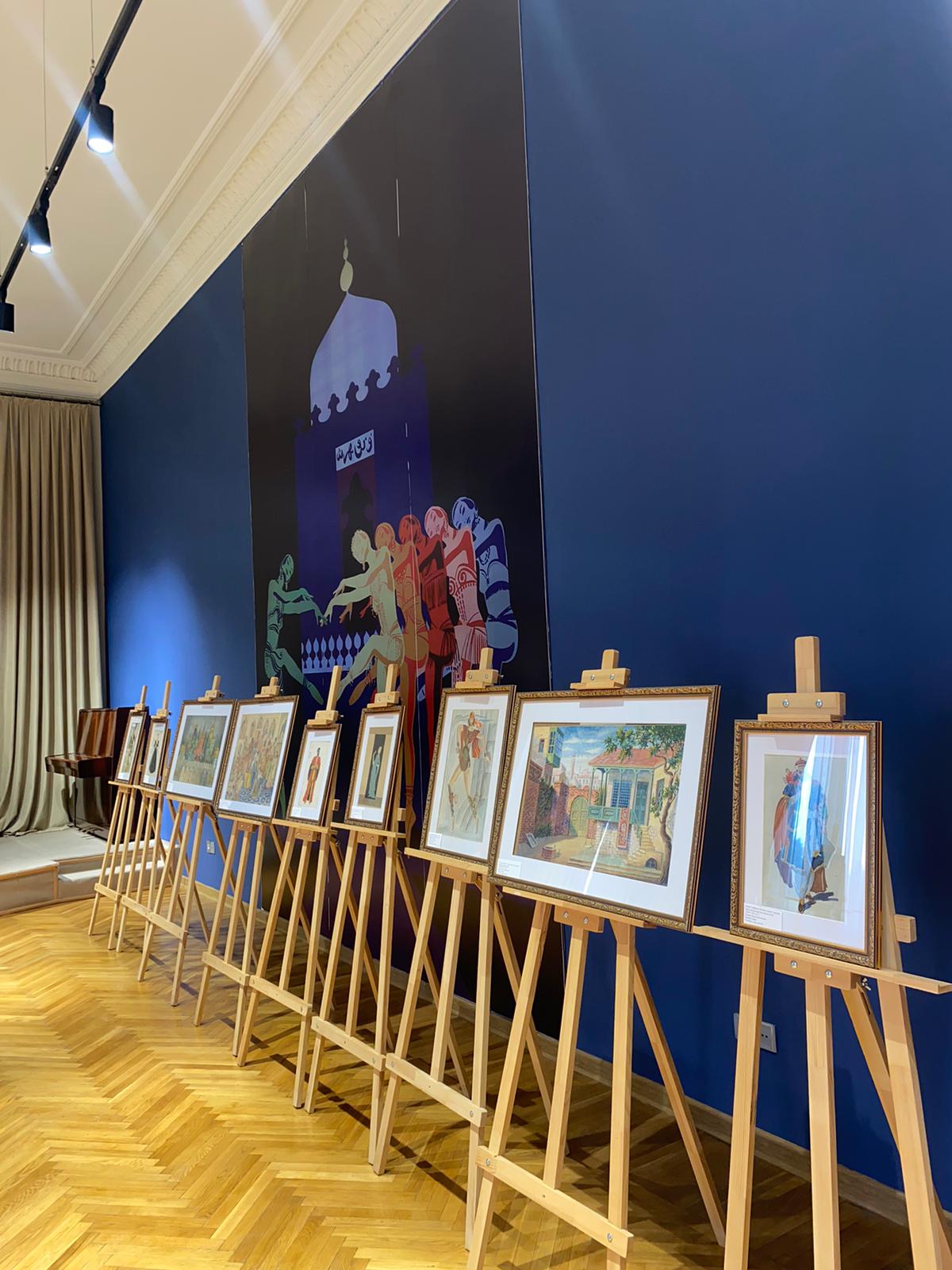
The themes of equality, labor, education, internationalism, women’s liberation, and cultural change occupy a central place in Jabbarli’s work, as exemplified by the plays “Sevil”, “Od gelini”, “Almaz” and other works. He died very early, at the age of 35 from heart failure, on December 31, 1934.
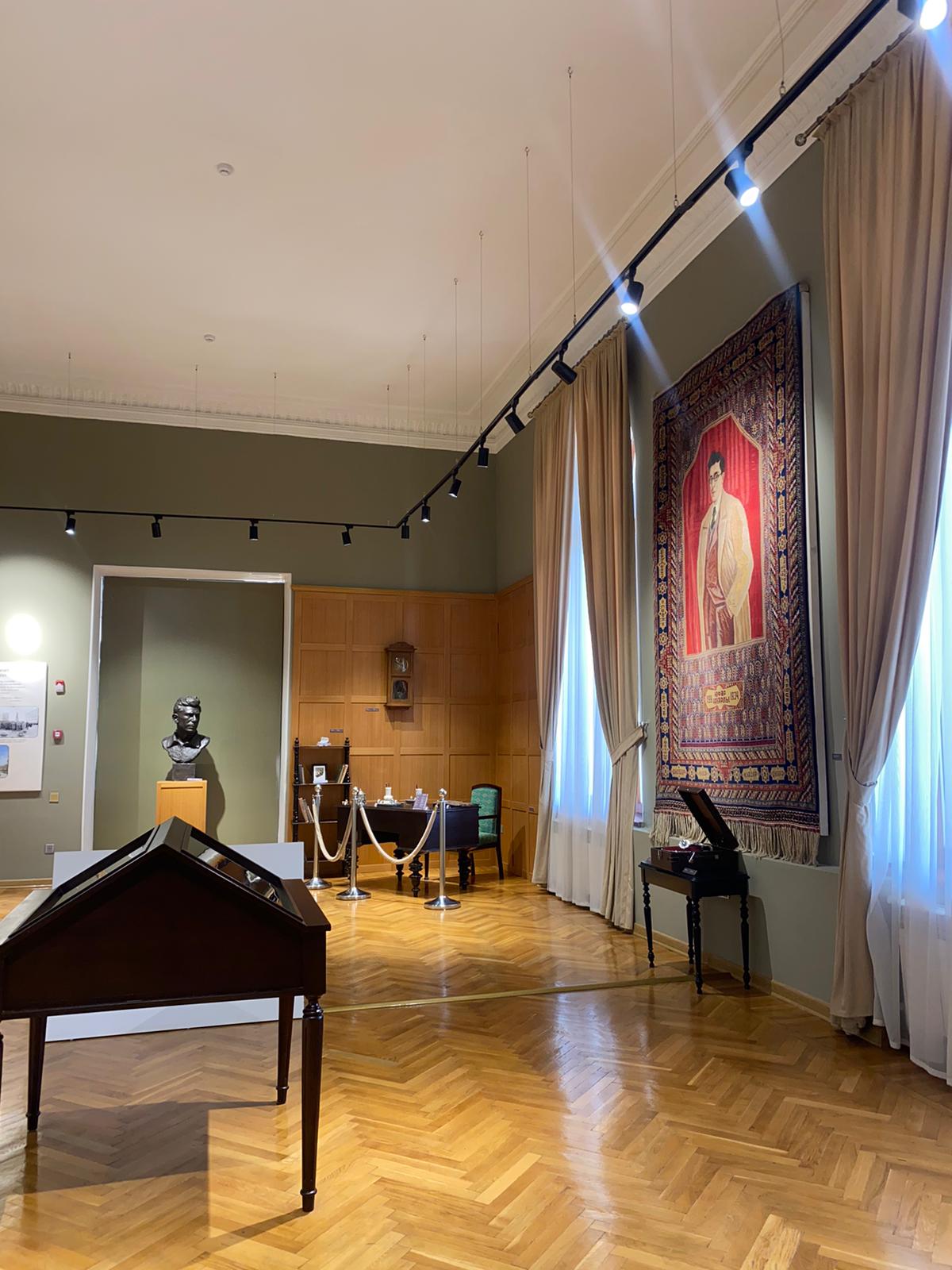
This Museum links the visitors to the great work and history of Azerbaijani poets, singers, dramaturges, musicians and writers such as Mehseti Ganjavi (XII century), Nizami Genjevi (1141-1209), Imamdin Nasimi (1369 – 1417), Mohammed Fizuli (1494-1556), Khurshidbana Natavan (1832 – 1897), Hasan-bey Zardabi (1837-1907), Mirza Alekper Sabir (1862-1911), Jalil Mammadguuzade (1869-1932), Abdurragim Hagverdiev (1870-1933), Mammad Said Ordubidi (1872-1950), Abbas Sahhat (1874-1918), Suleiman Sani Akhundov (1875-1939), Abdulla Shaig (1881-1959), Uzeyir Hajibeyov (1885-1948), Muslim Magomayev (1885-1937), Bullbill (1897-1961), Khan Shushinsky (1901-1979), Samed Vurgun (1906-1956), Said Rustamov (1907-1983), Mirmehti Seyizade (1907-1976), Mikail Mushwig (1908-1939), Asef Zeynalla (1909-1932), Sattar Baglulzade (1909-1974), Rasul Rza (1910-1981), Agabadji Rzayeva (1912-1975), Mirvarid Dilbazi (1912-2001), Niyazi (1912 – 1984), Nigyar Rafibeyli (1913-1981), Ilyas Efendiev (1914-1996), Rashid Beibutov (1915-1989), Gambar Huseinly (1916-1961), Tofik Kuliyev (1917-2000), Kara Karaev (1918 – 1982), Soltan Hajibeyov (1919-1974), Ismail Shikhla (1919-1995), Hanoihan Alibeyli (1920-2007), Aziz Jafarzade (1921-2003), Fikret Amirov (1922-1984), Shovket Alekperov (1922 – 1993), Bakhtiyar Vagabzade (1925-2009) and many more.
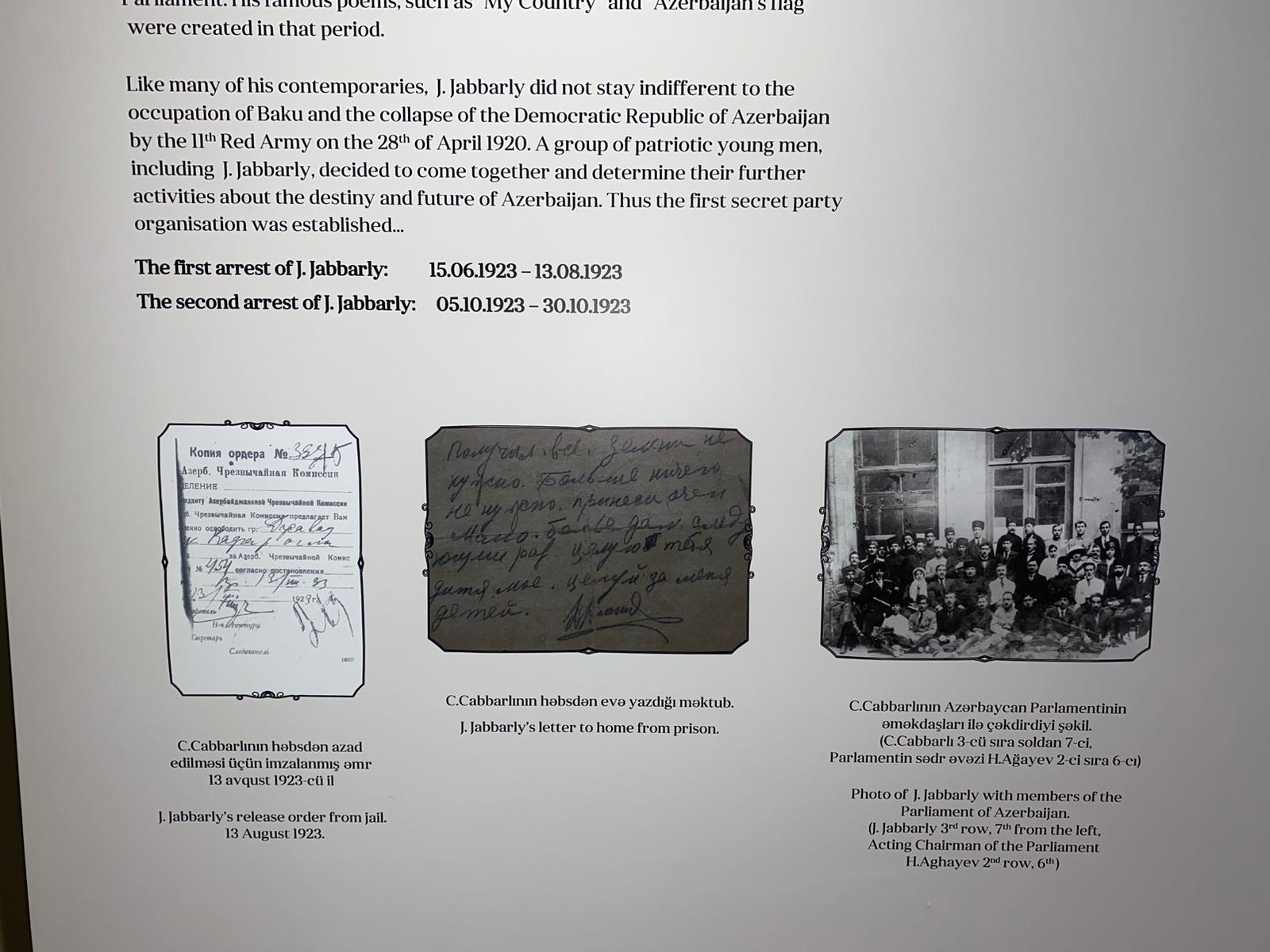
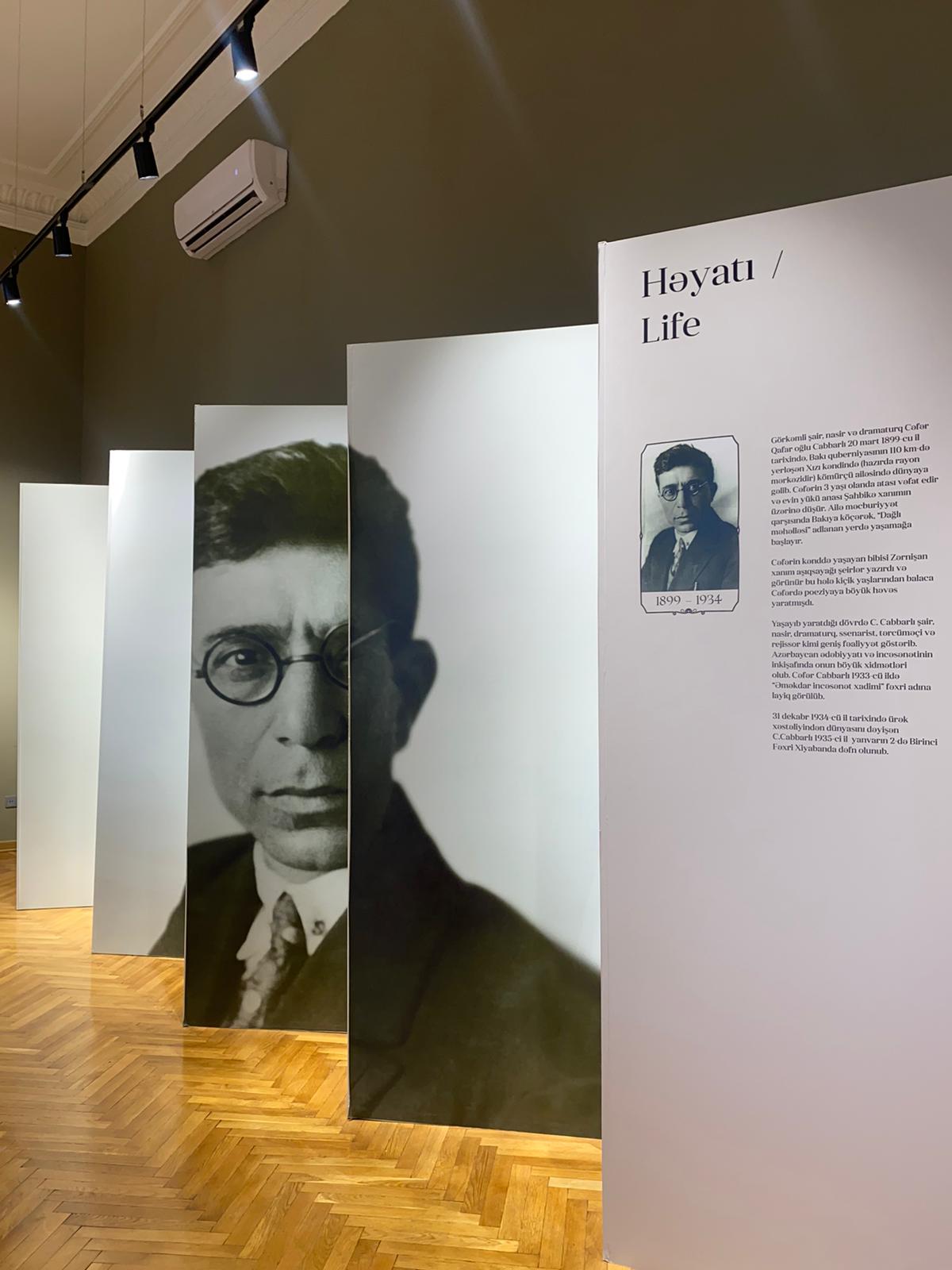
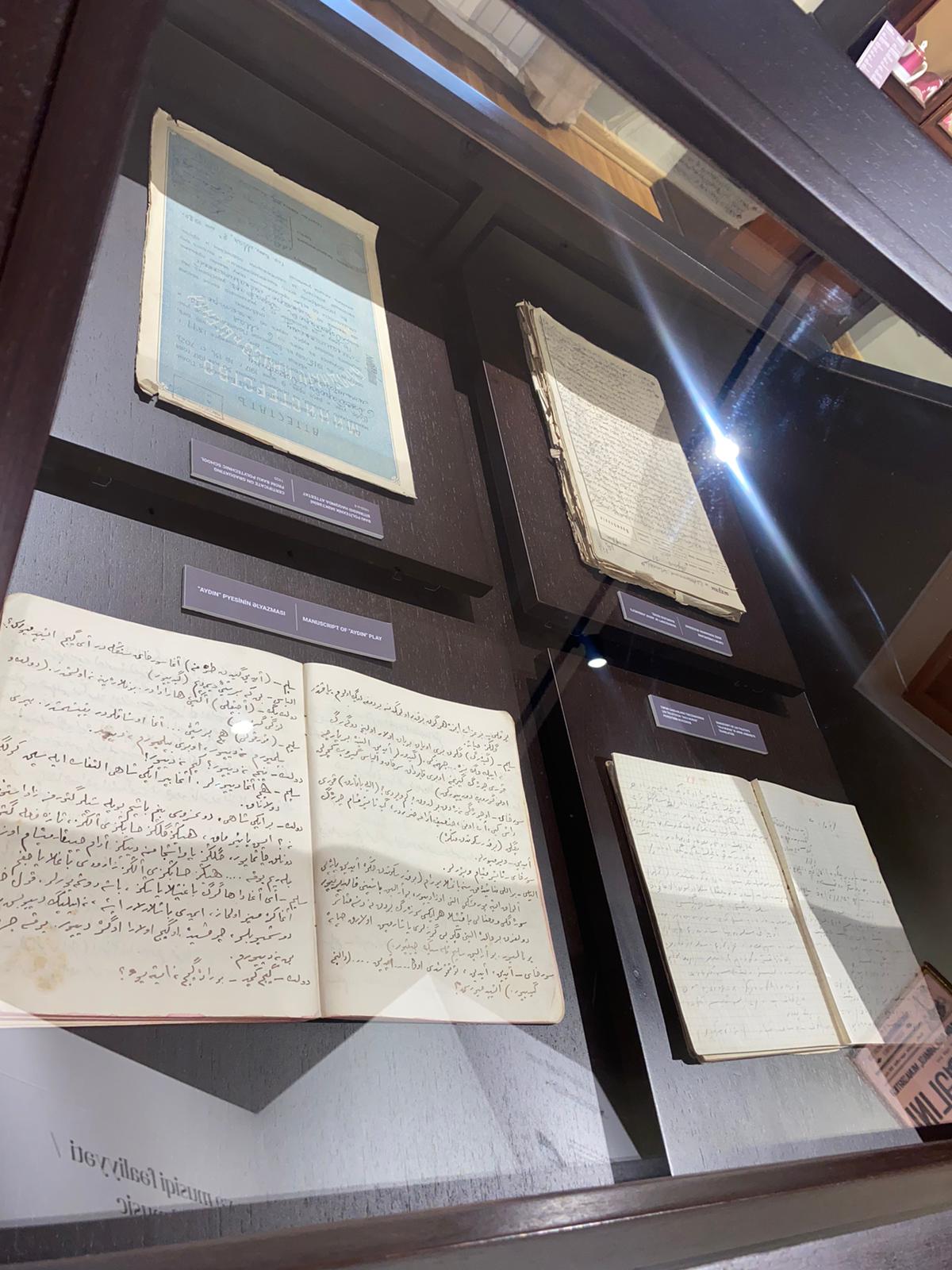
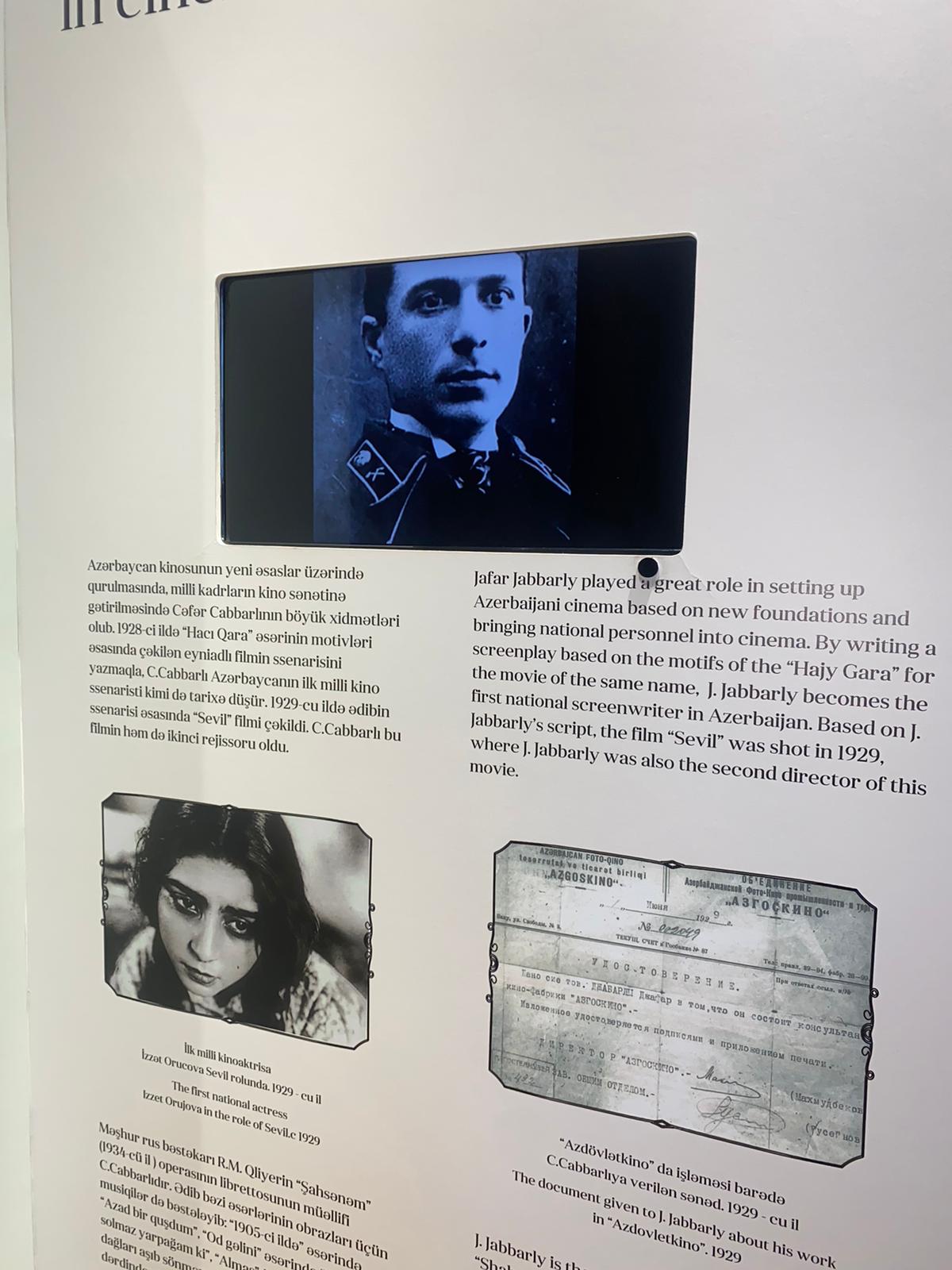
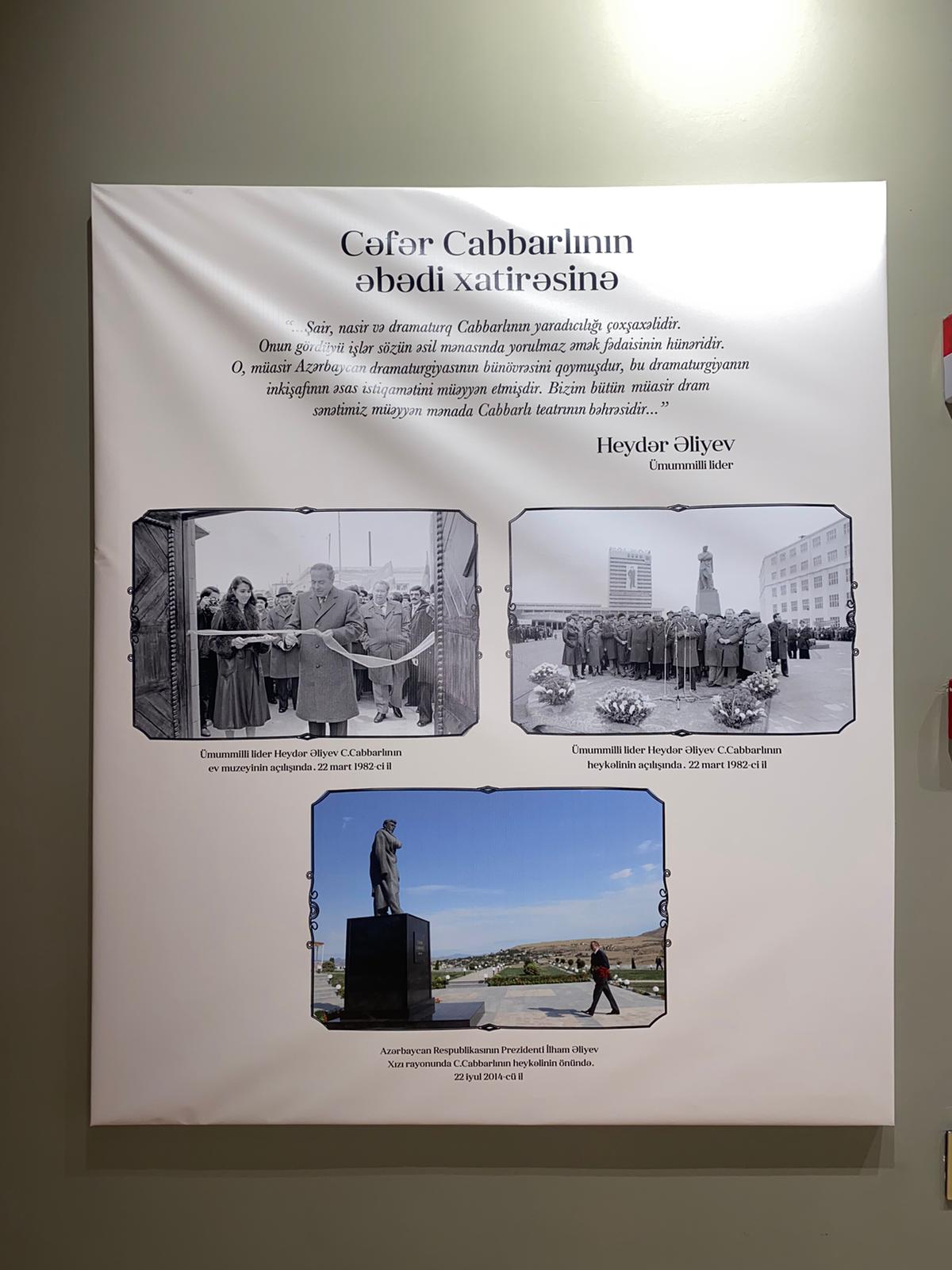
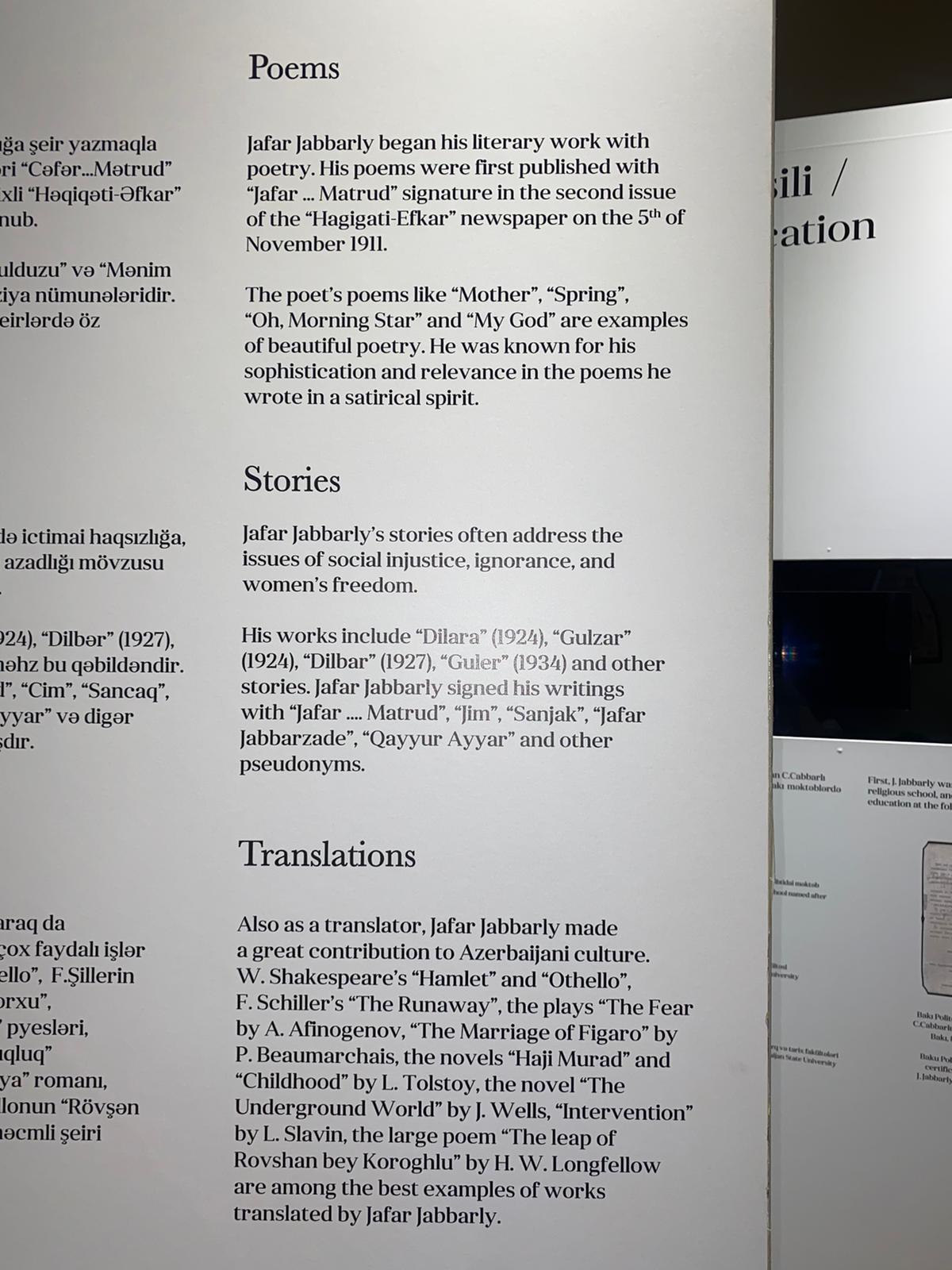
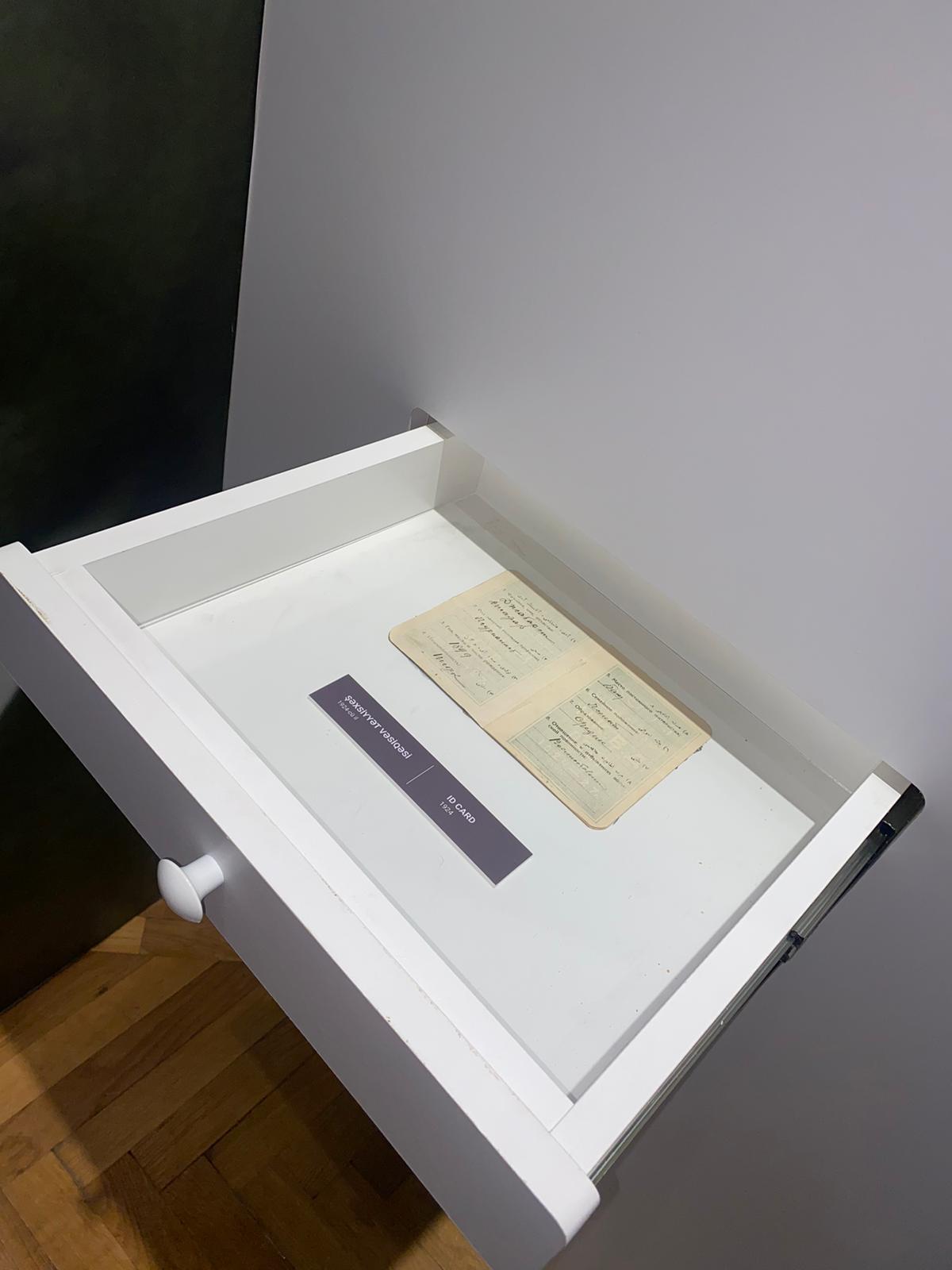
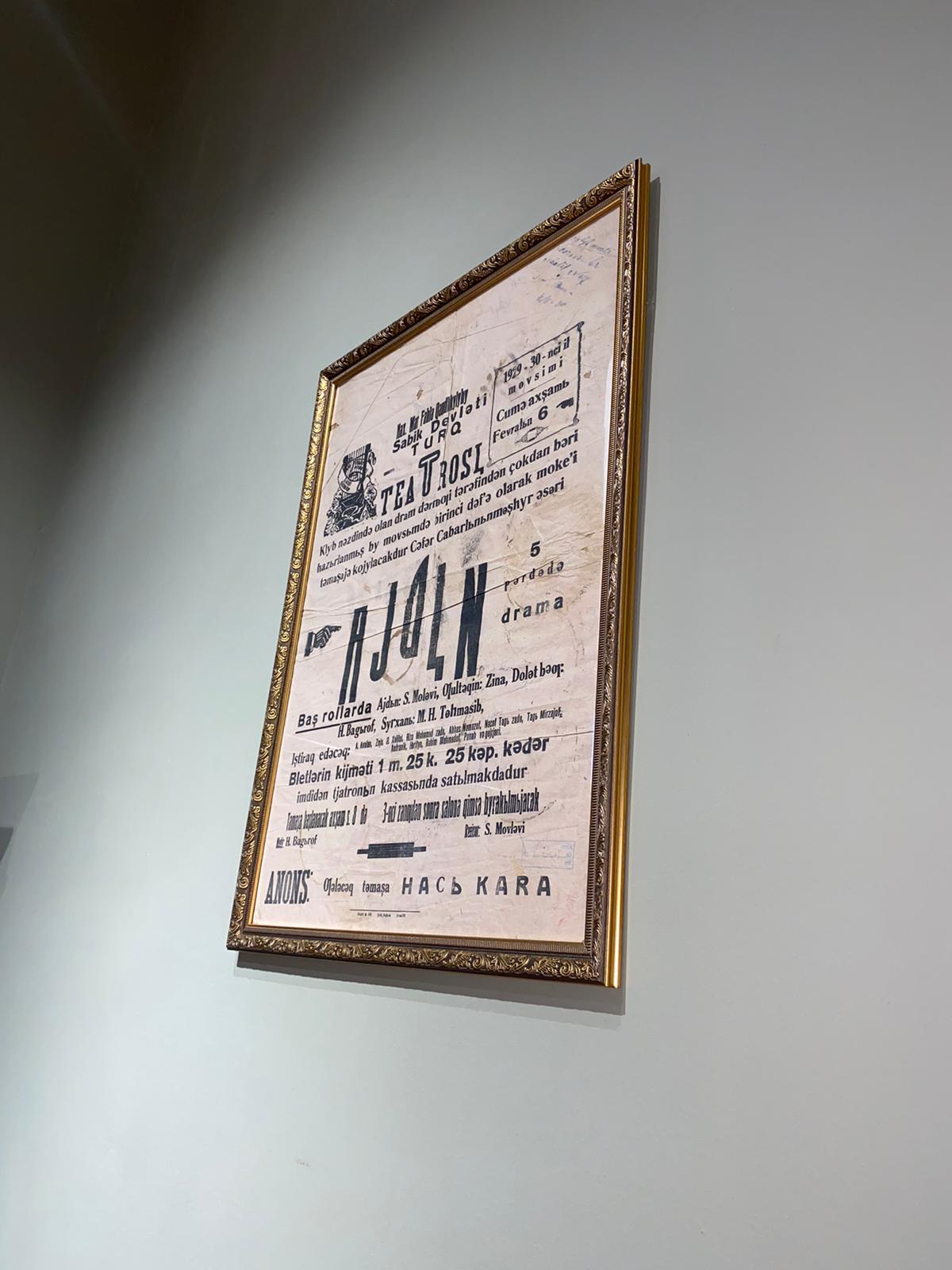
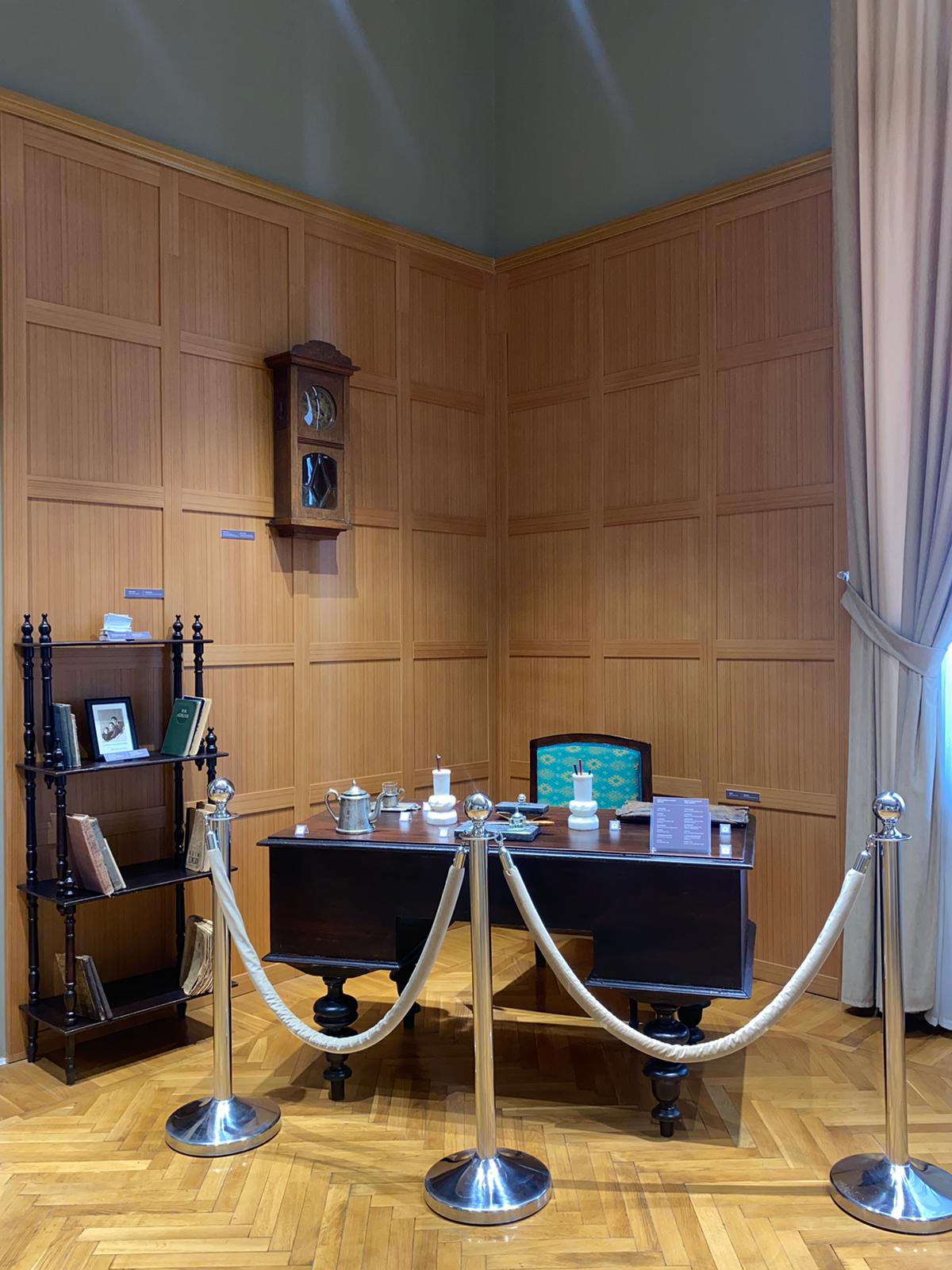
Nations cannot survive unless they document their intellectuals of the past and introduce them to the future and this is what Azerbaijan follows.
